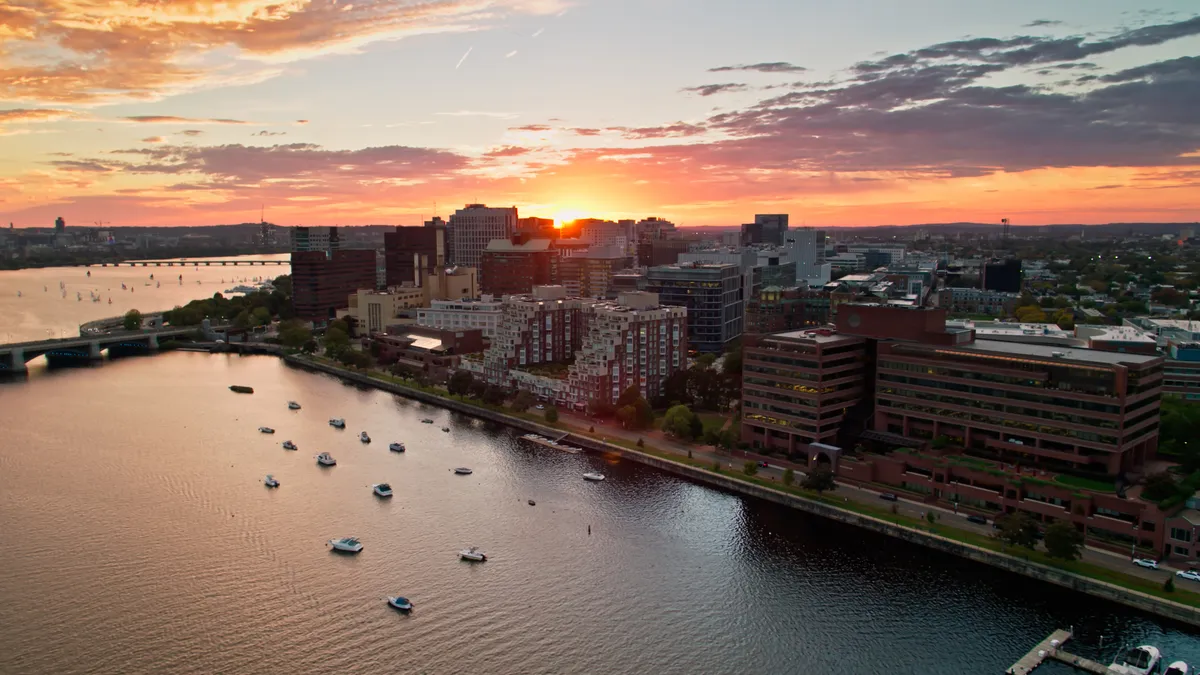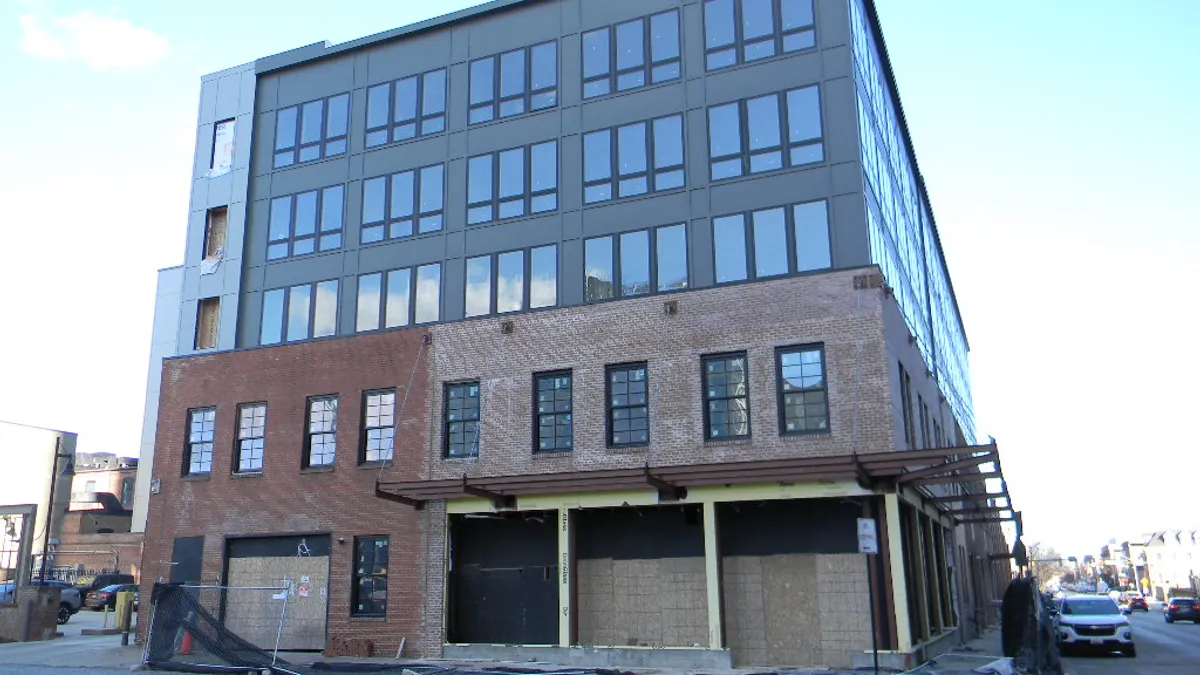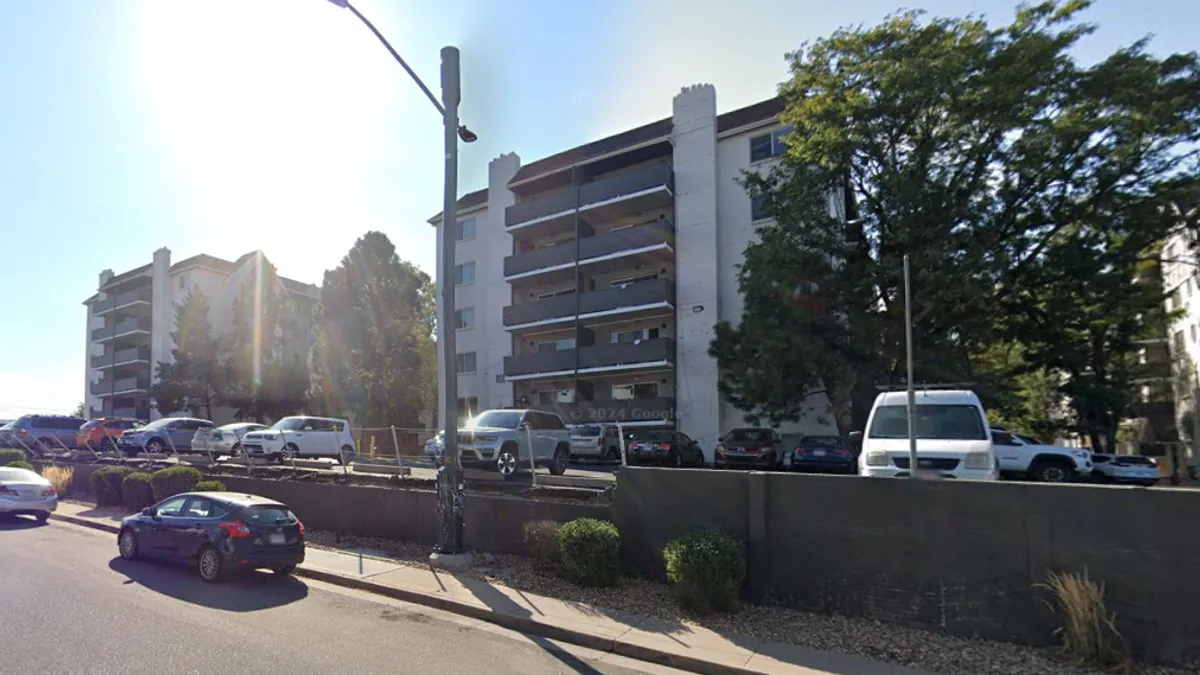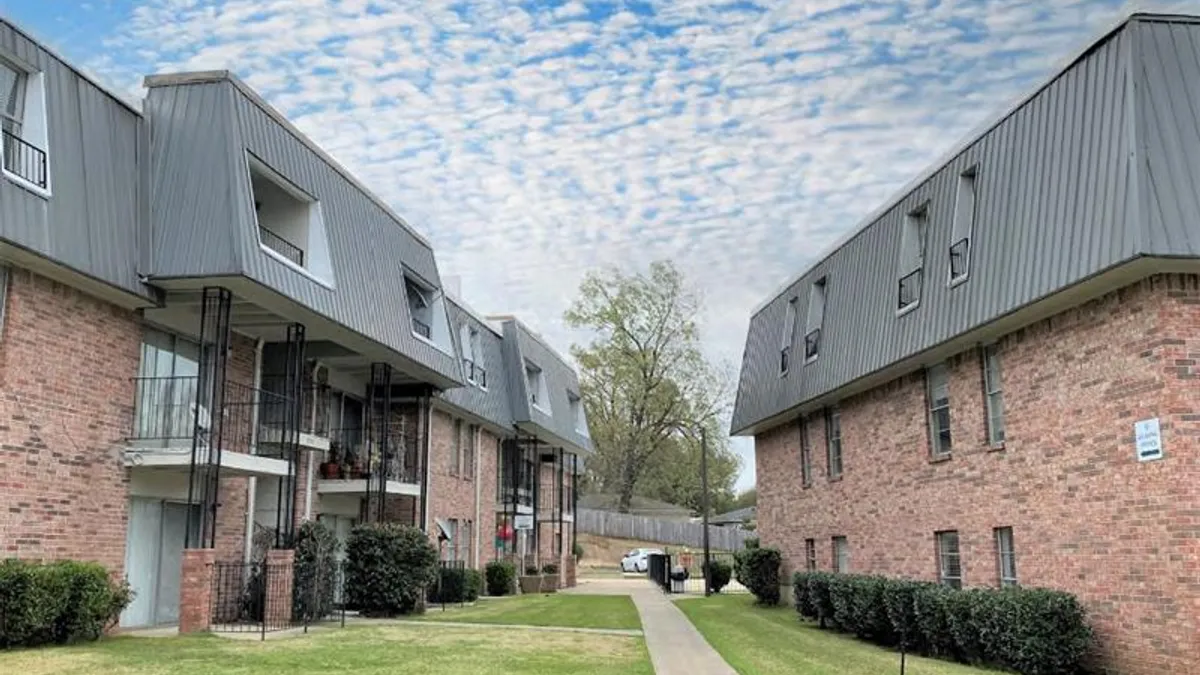Last week, the Cambridge, Massachusetts, city council voted to eliminate minimum parking requirements, making it easier to build affordable housing in the city. Similarly, the Gainesville, Florida, city commission narrowly voted in October to eliminate single-family zoning, becoming the first city in the state to do so.
The changes by both cities are part of the growing momentum among states and cities throughout the country to alter restrictive zoning codes to make it easier for developers to build more housing, helping to alleviate pressure on a housing market that has become increasingly unaffordable over the past several years. Restrictive zoning laws often block or delay developments, making them more costly to developers.
As the Cambridge council’s ordinance states, parking minimums for housing development in zoning codes often require developers to build more parking spaces than is necessary for a particular project, leading to higher project costs and fewer housing units or open space.
Unused parking spaces seem “like an awful waste of space, an awful waste of money and an awful waste of opportunity,” said City Councilor Marc McGovern during the Oct. 24 meeting. “Whether you’re building a unit for sale or you’re building a unit for rent, either one that comes with parking is more costly, you can charge more. We know that. This is about right-sizing things in a lot of ways.”
Parking is potentially “the single most expensive budget item in a project pro forma,” Matt Norris, senior director for the Urban Land Institute’s Building Healthy Places Initiative, said in an email. Such changes allow developers to save money that can be spent on community benefits or revenue-generating project amenities, he said.
Excess parking can also create impermeable surfaces that increase runoff, strain stormwater systems and increase infrastructure maintenance costs, Norris said. It can also limit walkability and increase housing costs.
“Parking is not an equitable community benefit,” said Norris. “Although cities do not require developers to include amenities such as refrigerators in their projects, many require parking. Parking costs are often passed along to the end user and contribute negatively to housing affordability.”
Several states including Utah, Oregon, Massachusetts and California have passed laws in recent years forcing or enticing cities to reform local zoning laws that make it difficult to build new multifamily housing developments.
A number of cities over the past couple of years have eliminated minimum parking requirements including South Bend, Indiana, Ann Arbor, Michigan, and St. Paul, Minnesota. Starting on Jan. 1, parking minimums throughout California will also be eliminated within a half-mile of public transit, according to CoStar.
Like Gainesville, Minneapolis was the first large U.S. city to ban single-family zoning. California and Oregon have also passed laws in recent years banning all or nearly all restrictions that only allow single-family housing.
But zoning reforms are controversial and often receive pushback from vocal residents and local politicians for a number of reasons.
In Cambridge, City Councilor Dennis Carlone said ahead of the vote that they were conceding the choice for parking to the developer, not the eventual condo owner or renter.
The vote to remove single-family housing requirements was especially contentious in Gainesville. The commission voted 4-3 on Oct. 17 to eliminate exclusionary zoning throughout the city entirely, allowing developers to build duplexes, tripleplexes and on occasion, quadplexes with no sunset provision, according to the Gainsville Sun. The vote ended a long, tenuous debate around the issue, and erased, as the city’s mayor told the Sun, zoning policies dating back to the 1950s that were intended to keep Black residents out of white neighborhoods.
That vote followed a lengthy public comment period in which dozens of residents in-person and over the phone decried the decision for a myriad of reasons: it would destroy the charm of the city; they wanted to live next to trees, not people; it would add infrastructure costs; and it would not result in additional affordable housing.
Prior to casting a no vote, City Commissioner Harvey Ward said the city had not done enough to help residents understand that they were trying to increase the supply of housing to meet demand, in the hope that prices would start to fix themselves. The measure will not lower prices quickly or address the affordable housing needs of the community, he said.
“Yet again, the city is rolling out something that does not meet the needs of the people living here right now,” Ward said. “If I thought this would fix the problem quickly, it would be really hard for me to say no. But it doesn’t, and it does alienate more and more people in our community from our government. And the public trust is paramount.”
However, for some who supported the change, eliminating single-family housing promised opportunity.
Before casting her vote, City Commissioner Reina Saco said she grew up in low-income apartments and later a townhome. While she loves the neighborhood she lives in today, she sees empty grass lots that are “over-watered, over-fertilized and over-manicured” and not helping anyone. “But if a better home were put there, families could live there. Real people,” Saco said.
“I am not voting to take away your home, I’m not voting to bulldoze your home, I’m not voting to do anything to your physical home. That is your home,” Saco added. But if a neighbor sells their land, a new owner could build “something bigger and better that can benefit the community” and shelter multiple people. “I consider that a job well done.”




















